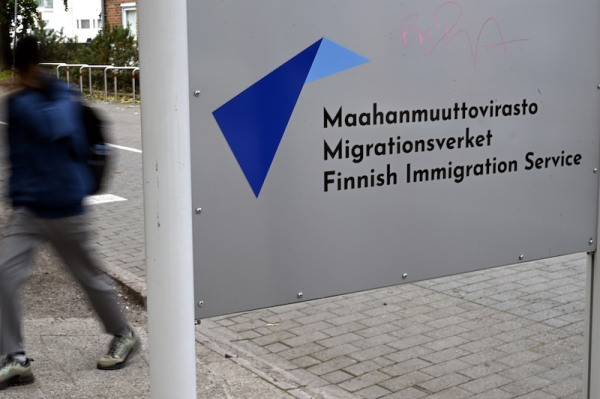
Finnish Immigration Service service point in Malmi, Helsinki. Photo: Emmi Korhonen / Lehtikuva
- Previous Article Finnish ice cream brands face pressure over producer’s Russia ties
- Next Article Court rules Helsinki resident must tolerate sparrow chirping
Finland is set to introduce stricter criteria for permanent residence permits, with new conditions taking effect from 8 January 2026. The government submitted its proposal to Parliament on Thursday.
The proposed changes will raise the standard four-year residency requirement to six years. In some cases, applicants will still be eligible after four years if they meet specific criteria relating to income, education, or language proficiency.
The new law aims to encourage greater integration among foreign residents, according to Interior Minister Mari Rantanen. “Successful integration would be a prerequisite for a permanent residence permit,” she said in a press release. “The objective is to encourage immigrants to follow Finnish rules, work, and learn the language.”
Under the revised system, applicants may qualify for permanent residency after four years if they fulfil at least one of the following:
-
Earn a minimum of €40,000 annually
-
Hold a recognised master’s or postgraduate degree and have worked in Finland for two years
-
Demonstrate high proficiency in Finnish or Swedish and have at least three years of work experience
Applicants who rely on unemployment benefits or social assistance for more than three months during the qualifying period will not meet the work experience requirement.
The government also confirmed that broader conditions will apply, including proof of integration and long-term commitment to Finnish society. The changes form part of a wider immigration policy shift introduced by the current administration.
The proposal comes amid increased political focus on labour market participation and language acquisition among migrants. The government has previously expressed concern that the existing four-year pathway to permanent residence does not provide sufficient incentive for integration.
The new rules are expected to affect thousands of future applicants and mark a significant departure from current practice.
HT
- Previous Article Finnish ice cream brands face pressure over producer’s Russia ties
- Next Article Court rules Helsinki resident must tolerate sparrow chirping
Source: www.helsinkitimes.fi
